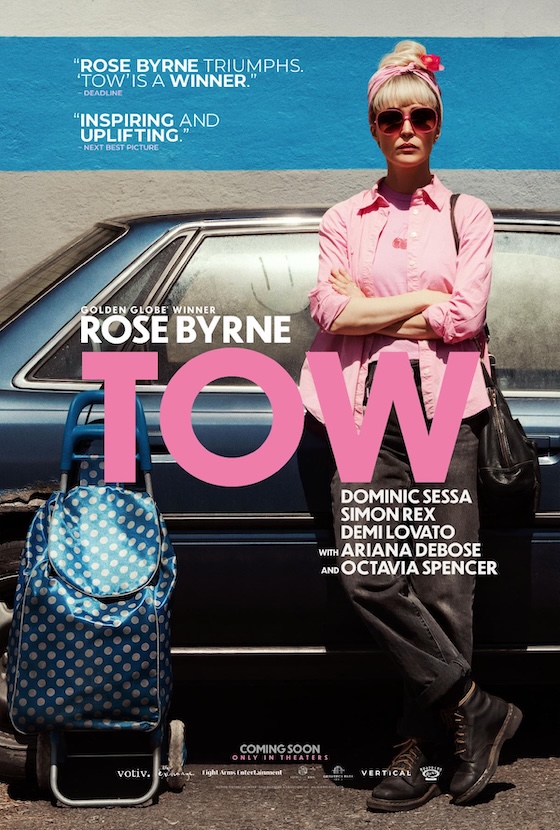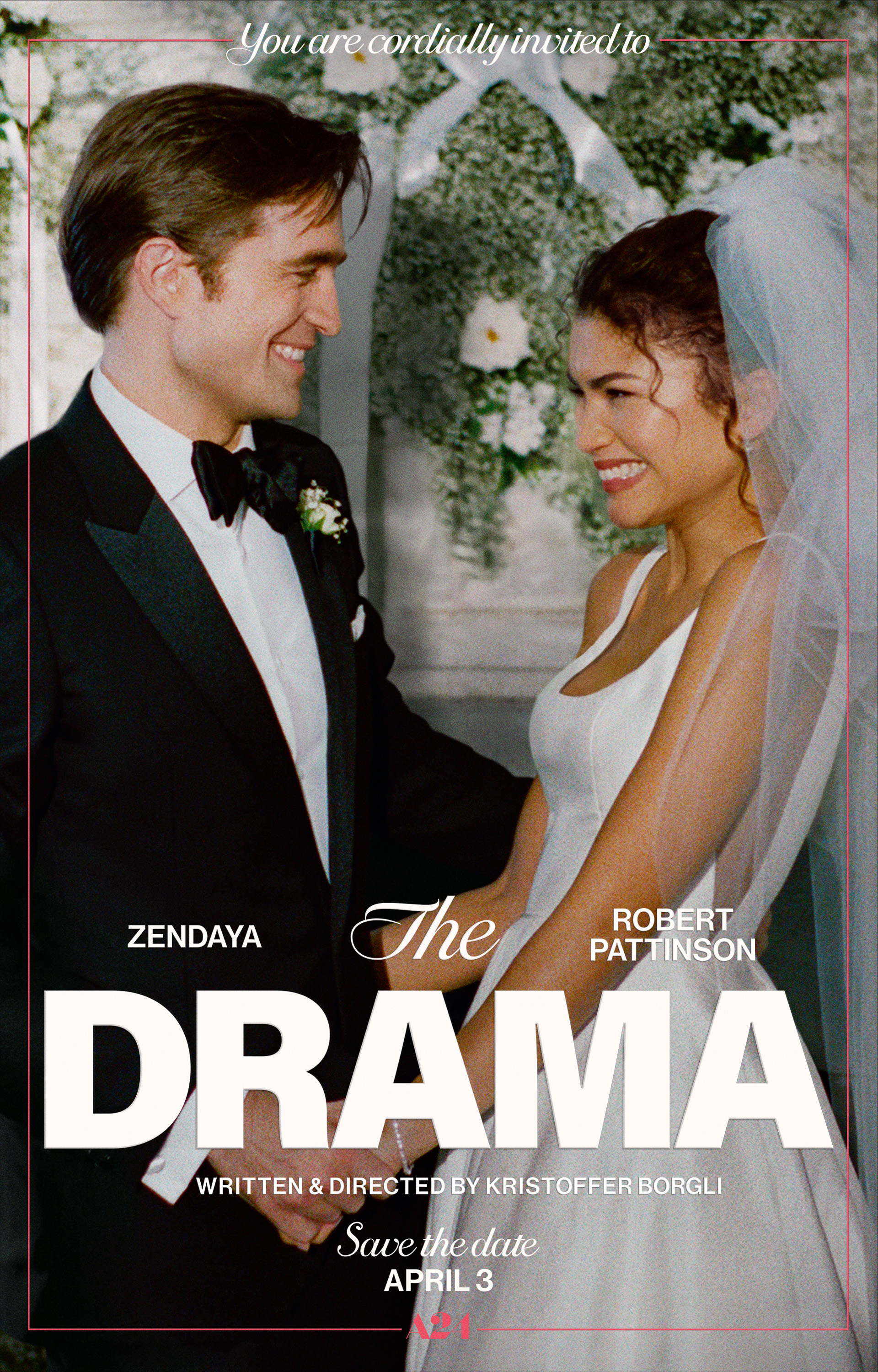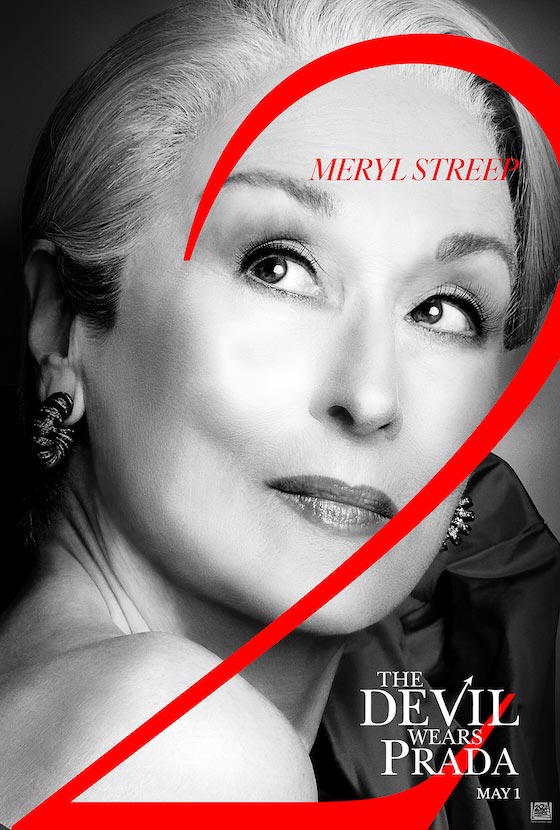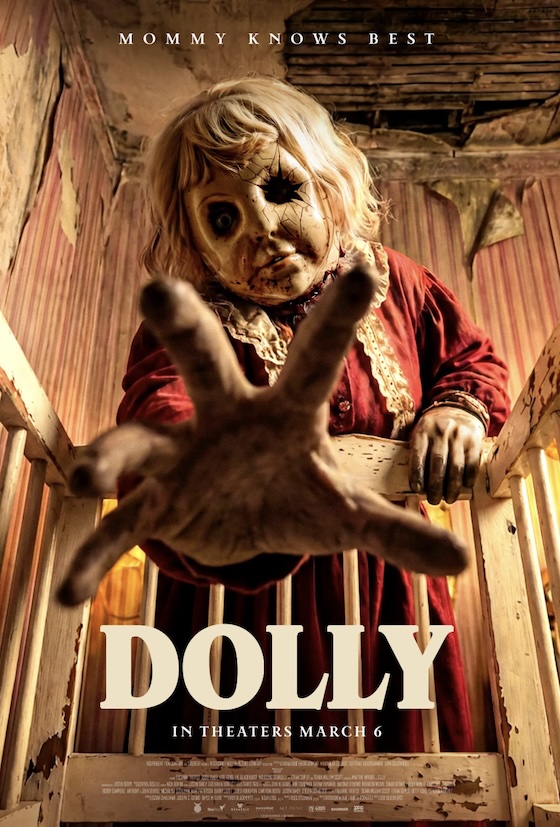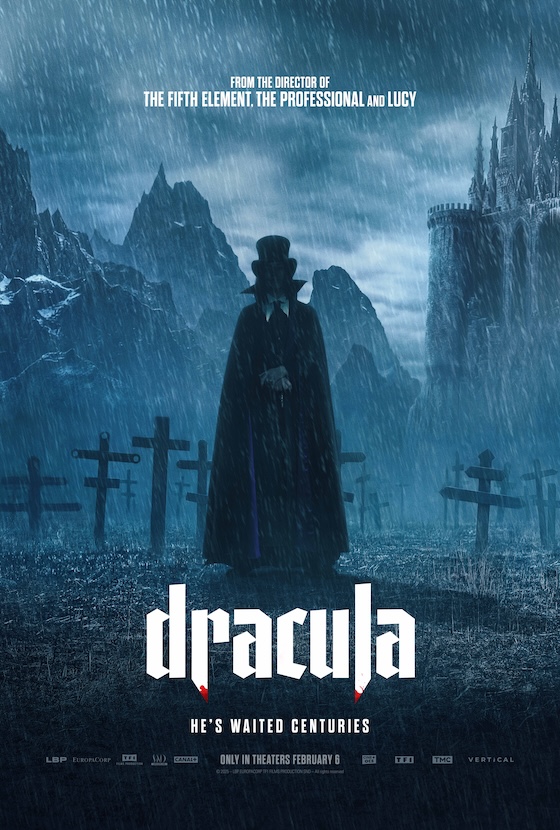{googleAds}
<div style="float:left">
<script type="text/javascript"><!--
google_ad_client = "pub-9764823118029583";
/* 125x125, created 12/10/07 */
google_ad_slot = "8167036710";
google_ad_width = 125;
google_ad_height = 125;
//-->
</script>
<script type="text/javascript"
src="http://pagead2.googlesyndication.com/pagead/show_ads.js">
</script></div>{/googleAds}Monsters take many guises, but arguably none are as terrifying as those bearing the face of a child. Perhaps that is because we find comfort in the laughter of children and in the purity of their innocence; the thought of supernatural hands grasping the dreamlike qualities of adolescence and thrusting them into a violent nightmare, is not just creepy, but chills us straight to the bone. Damien's sinister sneer. Haley Joel Osment seeing dead people. Samara's soaked tresses. A levitating, projectile-vomiting Regan. And please, don't even talk about kids in corn fields.
But over the years, while the source of evil has gotten younger, Hollywood's lack of ingenuity has grown old. It seems that practically every horror trailer is cliché-plagued with not only sadistic games and gratuitous gore, but Spooky Kid Syndrome, i.e., misplaced tykes of terror with hollow eyes, reciting haunting nursery rhymes and serving as a vessel to hell for any adult that agrees to play. So when the preview for J.A. Bayona's supernatural thriller, The Orphanage, featured a creepy kid wearing a burlap sack on his head, I feared another case of SKS. Then as I entered The Orphanage, and every hair stood on end, I realized that he would be the least of my fears.
Presented by Guillermo Del Toro (Pan's Labyrinth), Bayona begins his terror in a place that is disturbingly familiar: the past. Outside a mysterious, seaside orphanage, a young girl faces a tree, knocks three times and calls out the Spanish-equivalent of Red Light/Green Light. One by one, her playmates eerily enter the frame, creeping toward her with arms outstretched. On the count of â"three," she turns around to find them frozen like statutes, reaching for her. In their haunting silence, the band of mechanical orphans inch closer until a hand finally grabs hold of her. â"Got you!" one cries, and the children are suddenly brought back to life by spontaneous laughter. It is a laughter that severs the sinister from the innocent, but one that will not last. The young girl, Laura, will be adopted that afternoon, and that last game played will be but a lingering memory of childhood friends left behind.
The Orphanage
Thirty years later, Laura (Belén Rueda) returns to her childhood home with the hope of opening it (and her heart) to a new generation of special needs children. As she and husband Carlos (Fernando Cayo) strip away the old wallpaper and restore the abandoned property, their son Simón's (Roger PrÃncep) already vivid imagination is aroused by a host of new imaginary friends. One in particular, Tomás, unlocks a secret world for Simón; a world that, through creative games of hide-and-seek-treasures, not only reveals hidden truths about Simón's family and health, but one that seeks to shake Laura to the core.
Although slightly unnerved by Simón's erratic behavior - the drawings of his â"pretend pals" that feature one child with a distorted bag on his head (Tomás), his declaration that he will never grow old but die mother and fatherless like his friends, the harboring of items from Laura's past, and the psychologically draining disturbances - Carlos persuades Laura that Simón's attention seeking schemes will subside once the â"real kids arrive." However, shortly after a menacing social worker (Montserrat Carulla) makes an unannounced visit to the home posing options for Simón's healthcare, Laura comes face-to-face with a child like that found in Simón's drawings. When she attempts to gently reveal the face hidden beneath the bag, he attacks her, locking her in the bathroom. Carlos breaks down the door, but Laura emerges only to find that Simón has disappeared, without a trace.
Frantic that she has lost her child forever, Laura exhausts the next nine months desperately searching for clues that will lead her to Simón. But after the engagement of police, search parties, bereavement groups and psychologists efforts only prove futile, Laura chooses to forsake convention and invites a mystic to summon the ghosts of her past. The heart-wrenching terror that the walls reveal leave a mourning mother with but one shuddering option: invite the ghosts of the orphanage for a little game of her own.
Spain's Oscar® submission for Best Foreign Language Film, The Orphanage is a tense, quivering gothic tale that, through hauntingly complex storytelling, Hitchcock-esque suspense and alarming, classic ghost story visuals, intelligently blurs the line between the psychological and the supernatural. Unlike the scores of modern horror films that frighten by violence, Bayona's directorial debut refreshingly frightens by imagination, offering that the most feared monsters lurk not in our closets, but in our very own subconscious.
Unafraid of ambitious techniques - shots peering from the ground so to create the effect of looming children, orchestrated dread in the form of creaking merry-go-rounds, pounding pipes and children's whispers - Bayona's eye for imagery is as keen as his ear for terror. And in channeling the ghostly hand of Henry James and the spirits of literature's classic fantasies, he and writer Sergio G. Sánchez effectively turn the psychological screws so that multiplicity abounds not merely in apparitions, but in interpretations. Brilliantly, they pin Carlos, a doctor who finds truth in scientific explanation and the tangible, against Laura, whose deeply felt emotions push all methods of reason aside. Listen as the dialogue offers meanings that are as innocent as they could be sinister (Simón: â"I won't grow old"). Watch how every last mysterious occurrence can be as easily attributed to real world influences as to supernatural forces. Cleverly, it forces you to pick a side. Will you believe what you see, or see what you believe?
Anchored by Rueda's spellbinding and sanity-questioning performance, surprisingly, this film is as emotionally intense as it is frightening. That is because, above all, Laura is a mother overcome by grief; a mother who wants nothing more than to know the truth about her son's disappearance - no matter how painful or disturbing it might be. Through the eyes of Peter Pan's waiting-Wendy, this is Laura's story; the protector of abandoned children. Trapped between childhood and motherhood, she clings to one, while the other slips through her fingers. That balance between heart-stopping suspense and matters of the heart is what removes The Orphanage from the stereotypical, Hollywood teen-scream-fest, and instead, places it comfortably among the most creative and tension-laden adult ghost stories.
Obviously, hard-core horror fans will find dead spots in such dramatic pacing, longing for more gore and fears, than bore and tears. But rest assured, few cinematic scares rival what The Orphanage's seance scene summons. Filmed in eery green night vision and led by actress Geraldine Chaplin, the countdown to regression will not merely sneak under your skin and leave you breathless, but the voices that scream from the other side will send chills to places you never thought possible.
In the same vein as gothic films like The Innocents and The Others, The Orphanage slithers through dark, secret cracks in the home and psyche, channeling our most deeply-held fears. The result is a dramatically engaging and visually stunning tale of love and loss that leaves you not only psychologically unsettled, but emotionally rattled. Be it in the long, creaking halls of the orphanage, the opening of dust-covered toy chests, or the lines of a desperate mother's face, Bayona's vision is so intensely felt that it transcends any and all language barriers (Spanish with English subtitles). And with a twisted ending as beautiful as it is haunting, The Orphanage will remain with you long after the spirits are dead and buried.
In a genre that often relies on the bloodiest of acts and sadistic of minds, Bayona and his team of fresh perspectives (including the mood-altering blues and steel greys captured by Director of Photography Oscar Faura, and the pulse-pounding score by Fernando Velázquez) have conjured a lush, metaphoric mix of fantasy and reality so startling, that the only special effects needed are that of an imaginative mind. And therein lies the difference; while most horror films aim straight for the throat, Bayona prefers the heart, with a little shiver down the spine.
DVD Details:
Screen Formats: 1.78:1
Subtitles: English; Spanish
Language and Sound: English: Spanish: Dolby Digital 2.0 Stereo
Other Features: Color; interactive menus; scene access.
* Featurettes
o When Laura Grew Up: Constructing the Orphanage (17:37)
o Tomas' Secret Room: The Filmmakers (10:17)
o Horror in the Unknown: Make-up Effects (9:22)
o Rehearsal Studio: Cast Auditions and Table Read (3:43)
* Photo Galleries - (cast, makeup effects, set design/locations, B&W photography, production, conceptual)
* Previews - for Pan's Labyrinth; Amusement; Sickhouse; One Missed Call; Otis
* Music video: of Lauryn Hill's Lose Myself
Number of Discs: 1 with Keepcase Packaging
{pgomakase}

